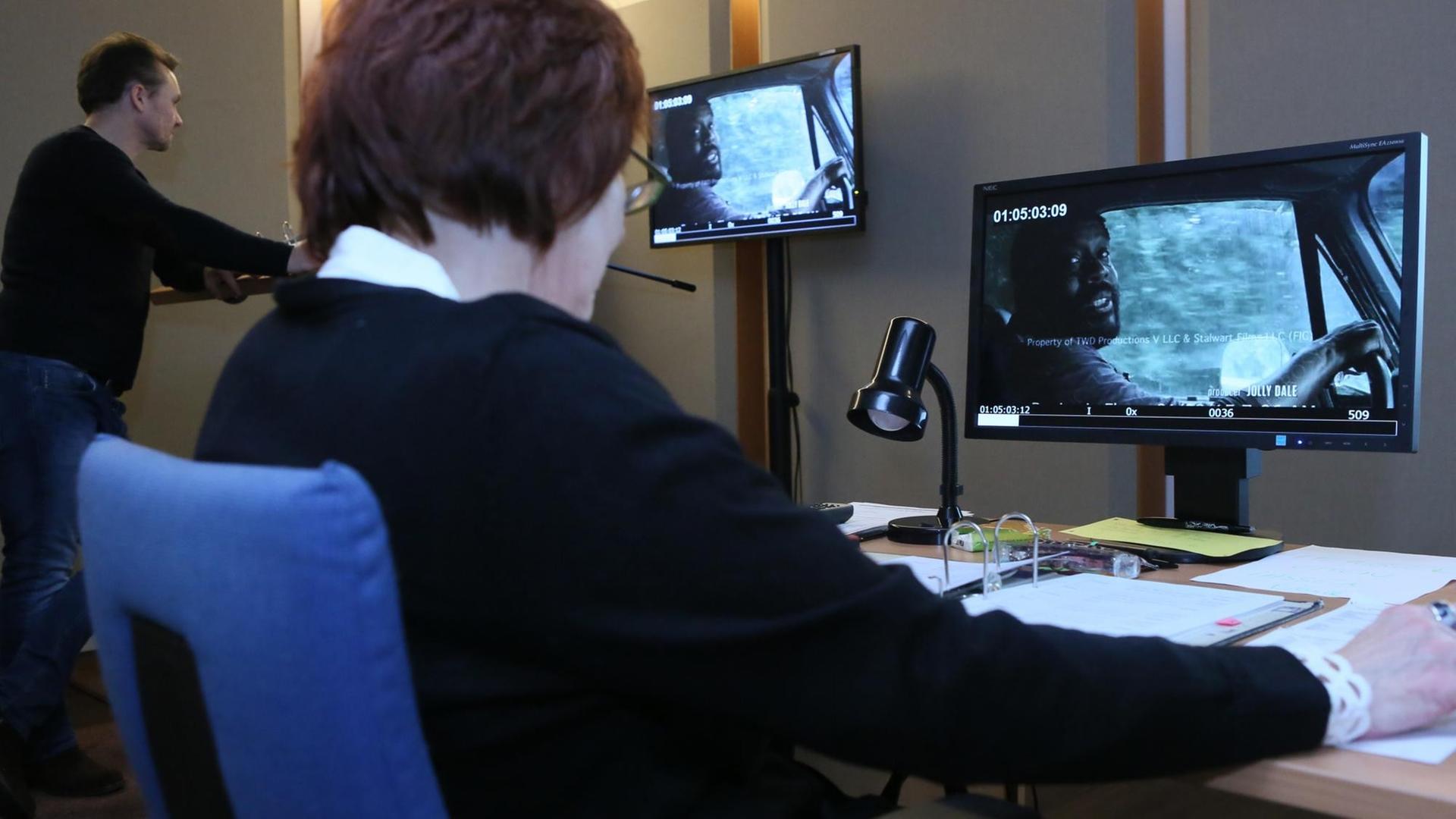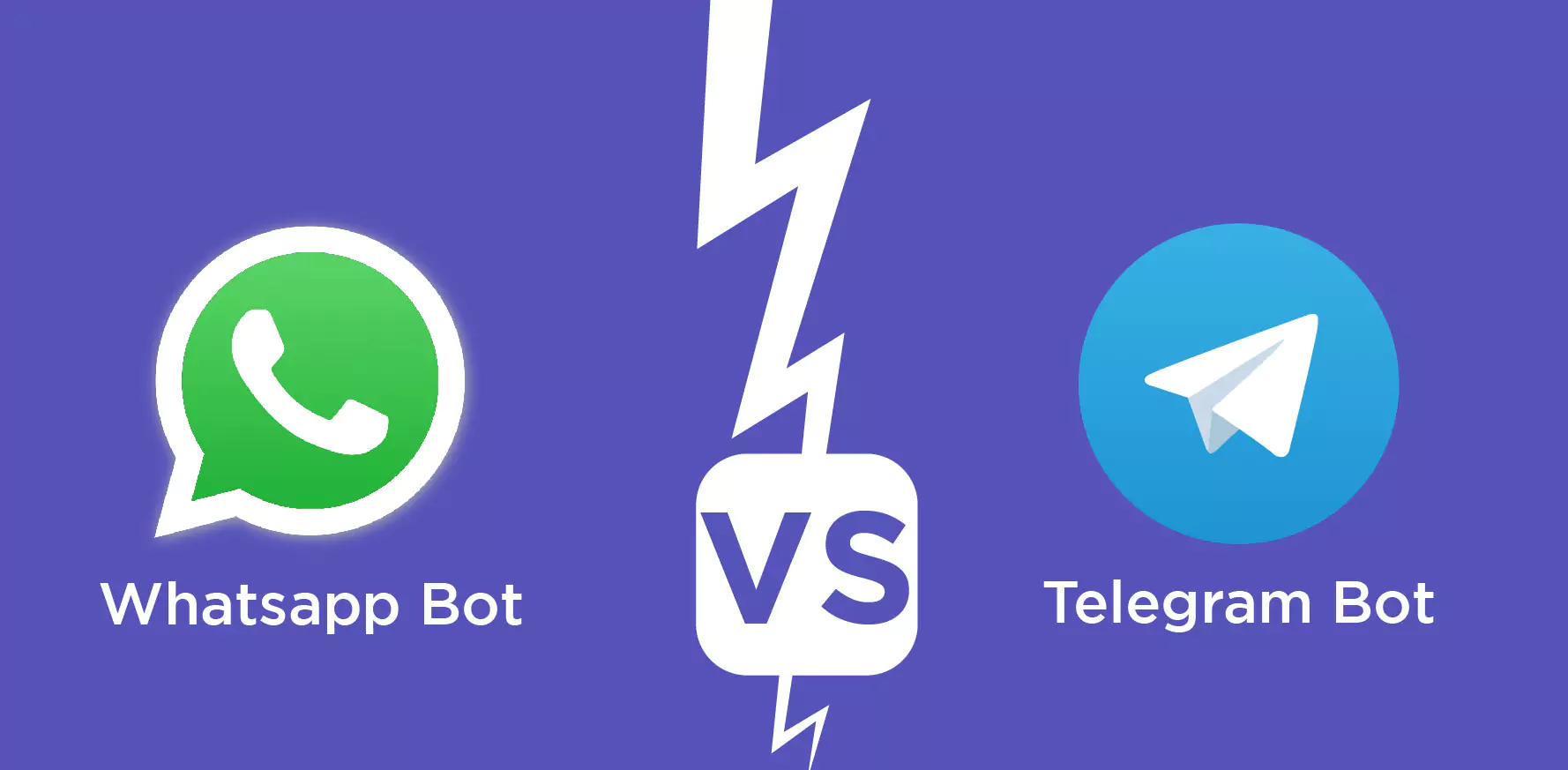If little ones now are basically born with tech abilities, why do gals and marginalized teams continue to be underrepresented in the area?
Cassidy Puckett, a sociologist in Emory University of Arts and Sciences, argues the difficulty lies not just in absence of position models, accessibility or alternatives. In her new e-book, “Redefining Geek,” she shows that tech-savviness comes from 5 core practices that assist tech-savvy persons construct their expertise but they are not equally recognized, made and rewarded.
“For all of the speak of the digital divide and how women are worried of tech or lousy little ones never have access, my research details to a bigger problem of not recognizing people’s abilities,” Puckett says. “The great news is, these abilities relate to underlying routines that are the foundation of staying excellent with technological know-how. We can intervene and encourage the habits, but they require to be recognized and rewarded much more equitably.”
Three of the routines Puckett determined in her investigate use to standard understanding: being prepared to attempt and are unsuccessful, coping with disappointment and boredom and becoming in a position to use types these types of as folks or information.
The other two are a lot more tech-centric: having the capability to use style logic by imagining about why tech is created a selected way, and being in a position to discover efficiencies, fundamentally locating shortcuts and hacks.
Recognizing these patterns lets educators observe them in pupils, intervene where by needed and supply additional sophisticated possibilities for those who are ready for them.
Puckett created a 15-query survey for college students to answer to aid identify where by they are with regards to these routines. She then examined dissimilarities amongst teams for the ensuing measure, which she calls the Digital Adaptability Scale.
Her findings demonstrate that girls use the tech-certain skills less than boys do, suggesting a variety of gatekeeping from friends, educators and family who aren’t sharing the insider tricks and information that assist the tech-savvy understand.
There ended up not, even so, similar dissimilarities when Puckett examined race, ethnicity and course, indicating that those marginalized teams are unrecognized and unrewarded for their technological skills. That, in switch, perpetuates stereotypes about students’ capabilities that can have an effect on training course choices and constructions that boost incorrect assumptions.
Authentic-time applications of results
Gwinnett County College District directors and teachers have found firsthand how tech- savviness can be made in learners. They are debating methods to apply Puckett’s exploration and intervention thoughts to construct individuals behavior in all pupils in an artificial intelligence (AI)-themed cluster of educational facilities set to open up this tumble.
“Every pupil demands to swim in the technologically highly developed future,” suggests Babak Mostaghimi, Gwinnett’s assistant superintendent for curriculum, instructional help and innovation. “While some may perhaps just wade into the waters, we know that most youngsters will will need to get to the snorkeling degree. And, there will be some of our students who will in a natural way want to turn into scuba divers, working with their passion for AI and technological innovation to go deep into these areas.
“The neat portion is that by focusing on and creating behavior, we can assist all of our learners develop the foundation and the tech-savviness they will want to be a scuba diver,” Mostaghimi provides.
True-environment experience informs investigation
Puckett’s position in flipping the narrative of who is tech-savvy — the “geek” in her e book title — has been several years in the making. Her lower-income superior school’s tech training was constrained to educating how to style on electric typewriters, given a lack of readily available personal computers.
Her fascination expanded in higher education, nevertheless. Her move to the San Francisco Bay spot for an AmeriCorps position coincided with the region’s increase and bust as the country’s tech hub.
Puckett’s determination to share the tech expertise she was understanding by educating know-how courses at a lower-profits Oakland center college became the seed of her guide. She attained a master’s degree in training in mastering, style and design and know-how from Stanford University in hopes of implementing theories to style her lessons. She promptly identified there was no common for how to examine the tech understanding process.
She took those experiences, and 4 a long time functioning at an educational study corporation, to her doctoral project on digital adaptability and social inequality. Part of that work bundled observing teens who were being specialist tech learners, to see what experienced helped them.
Puckett afterwards constructed and refined the Electronic Adaptability Scale by turning those observations into lists of routines that she once again ran by teenagers. The goal was to get a workable listing — she settled on queries around the five practices — that would be realistic in lecture rooms.
She ideas to go on her investigation, which includes discussing her strategies in undergraduate lessons and performing with college districts to use the lessons from her investigate to stay on major of technological innovation as an ever-modifying component of our landscape.
“Can we you should dispel the plan of who is and who is not superior at know-how?” Puckett asks.“We can use the study to assist dispel that fantasy, comprehend who desires assist and who is completely ready for new worries, and assist create a much more equitable technological upcoming.”
“Redefining Geek” e book start
Thursday, April 21, at 4 p.m.
Emory Barnes & Noble Bookstore
Listen to from author and Emory sociologist Cassidy Puckett and listen to a panel discussion about equity in STEM training.
Speakers will contain Puckett along with Tamecia Jones, a STEM education and learning professor at North Carolina State College, and Kinnis Gosha, the endowed division chair for experiential learning and interdisciplinary experiments at Morehouse Higher education. Emory sociology graduate scholar Matthew Rankin will reasonable the panel dialogue.




